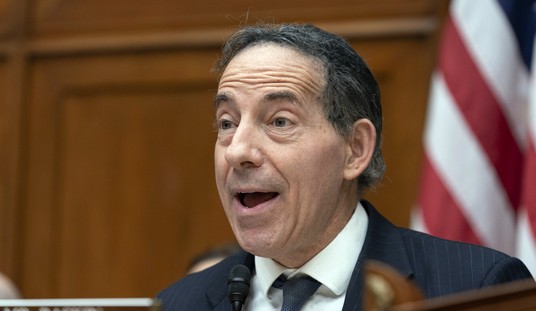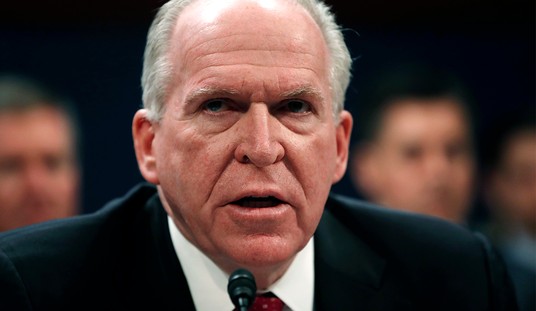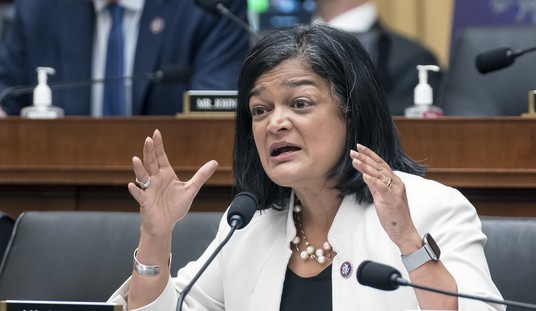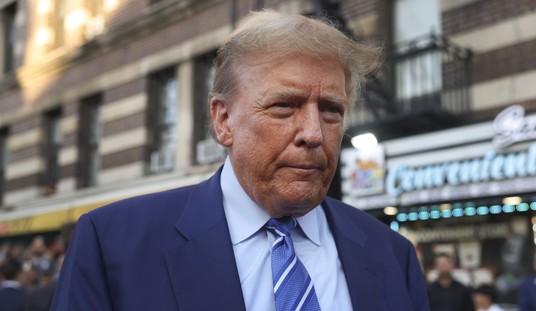
Last week, more than 150 economists signed an open letter to U.S. Department of Health and Human Secretary Alex Azar, opposing a proposal to use what’s known as an international pricing index in Medicare Part B.
The policy uses an authority granted to Sec. Azar by Obamacare to impose price controls based upon the average price a drug is sold for in 16 reference countries.
The problem is that this policy will decrease access to medicines for those on Medicare and reduce investment into new drugs.
The policy uses countries such as the United Kingdom as a reference; however, most of these countries use socialist, government-run healthcare systems. These systems restrict access to medicines, meaning that the latest cures are not available to their citizens as soon as they are in the United States.
I wrote about how and why this proposal is damaging when it was proposed. But, the more time that we have had time to examine the policy, the worse it seems.
As the economists note, instituting price caps skews the market and “leads to shortages, squeezes the cost bubble toward some other portion of the economy, and imposes a deadweight cost on society.”
In laymen’s terms: these price controls will restrict patient access to needed drugs and reduce drug makers’ ability to invest in the research and development of new medicines.
The economists went further, putting these side effects into a long-term perspective,
Ultimately, patients will suffer as cures are delayed or entirely undeveloped, while taxpayers will be denied potential savings from drugs that could obviate more expensive treatments in government healthcare programs, and the investment of capital in development of new medicines.
The analysis is clear, in the short-term seniors in Part B will be denied access to needed medications, hurting those Americans that have helped to build our country’s economy and greatness. Long-term, the effects are even more insidious, reducing investment into new medicines and treatments. While this could mean that we would not develop cures to some of today’s most pernicious diseases, the economists rightly point out that this in fact increases the cost of healthcare, as tomorrow’s patients rely on outdated cures. To put this in perspective, in 2018 there have been numerous breakthrough treatments for conditions such as migraines and a deadly potassium condition. Whereas patients prior to these breakthroughs used a cocktail of treatments or perhaps could only treat the side effects, future patients will use new cures, improving their quality of life and bringing down total healthcare costs as they use fewer drugs or treatments.
The Trump Administration should be applauded for making the reduction of the cost of healthcare for patients a top priority. But, a program that imports socialist policies is the wrong answer.
The administration should focus on increasing competition, transparency and accountability throughout our healthcare system to bring real market forces to bear and lower costs.
The Trump Administration has already done this in many instances, from streamlining FDA approvals to lower the cost of bringing a drug to market and increase competition to banning PBM gag clauses that unfairly limit a patient’s ability to find the best price for their medication.
The administration can build on these successes, creating a stronger marketplace in our healthcare system that increases patient choice and allows companies to compete in the marketplace.
I look forward to the administration getting back to these reforms. But, for now, we must vocally oppose this policy that threatens to undue their progress, reduce access to needed drugs and prevent innovation.














Join the conversation as a VIP Member